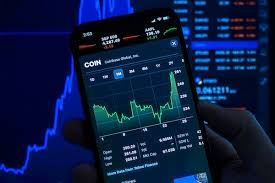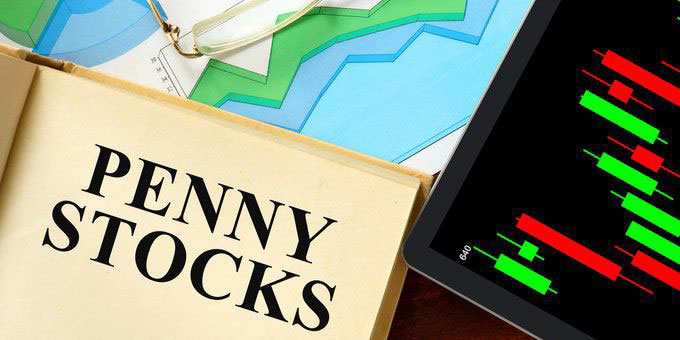These parameters filter the search from all the available ETFs on the market. Exchange-traded funds, often known as ETFs, are a kind of mutual fund that holds a basket of securities or stocks and attempts to replicate the performance of an underlying index, asset class, or another category of holdings. ETFs might follow a basket of bonds or commodities, or they could track an index such as the S&P 500.
Shareholders who invest in exchange-traded funds (ETFs) do not directly own the underlying assets but have an ownership stake in the funds. While exchange-traded funds (ETFs) are comparable to mutual funds, they move more like stocks and have more liquidity and lower costs than shares of mutual funds. To put it another way, it is often simple and uncomplicated to buy and sell shares in ETFs, and there are typically no delays in executing these transactions.
How ETF Screeners Function
Like index mutual funds, most ETFs replicate the performance of a benchmark index or asset. You first need to search for exchange-traded funds (ETFs) that invest in your preferred category or benchmark. Investigating the ETF's tracking history is essential, which can be seen as a measurement of how closely the fund follows its benchmark. The closer together they are, the better. After that, you may start eliminating options until you're left with those that fulfill all of your requirements, which can include the following:
- The term "asset class" refers to either stock, bonds, or commodities.
- A substantial sum of assets in total that is being managed (AUM)
- The high total amount of transactions
- The length of the fund has been operating is sometimes referred to as the "period from inception."
- A low ratio of costs
- sectors, including but not limited to financials and technology stocks
- Companies of various sizes, including large enterprises and small to medium-sized businesses
- Market returns

Investing in exchange-traded funds (ETFs) that have a significant trading volume, a reasonably high quantity of assets under management, and lengthy track records of performance is a good idea. Compared to ETFs that are lightly traded, the large assets and trading volume are important factors to consider since they ensure that you can buy and sell your shares without any delays in execution.
You may use some screeners to check for total returns for a collection of ETFs and then filter out the ones that could be more advantageous for your tax position. You might also factor in the management strategy of the ETF, asking yourself if an active or passive management team is more suitable for the ETF you are looking for. Even while ETF screeners may take some guesswork out of picking ETFs depending on the criteria, you still need to research to determine which ETFs are appropriate for your investing objectives, financial goals, and risk tolerance.
The Different Kinds of ETF Screeners
There is a wide variety of ETF screening software available. The items in the following list are not presented in any particular sequence. Find out more about the functionality of each screener and how easy it is to use:
Vanguard Mutual Fund and ETF Screener
Vanguard was an early innovator in indexing, and the company has successfully translated this knowledge into the world of exchange-traded funds (ETFs). Investors can screen just for exchange-traded funds (ETFs) using Vanguard's ETF screener, or they may expand their search to include mutual funds.
Morningstar ETF Screener
Another pioneer in the field of mutual funds is Morningstar. It has used its expertise and made its resources available to the rapidly growing world of ETFs. Simply providing your name and email address will get you started with a free Morningstar account.
ETF.com
ETF.com is solely focused on exchange-traded funds (ETFs). It assists investors in identifying the ETFs that are most suitable for meeting their individual investing goals. This online ETF screener has a user-friendly search tool. Investors can choose up to three of the most advantageous exchange-traded funds (ETFs) depending on the search parameters that they have chosen. These search criteria may include geographic location, investment category, style (such as focus, specialty, or sector), or analyst choices.

Seeking Alpha ETF Screener
This particular ETF screener is one of the most straightforward to use. On the other hand, some of the filters are designed with more seasoned investors in mind. For instance, when analyzing exchange-traded funds, the Seeking Alpha ETF Screener considers major search parameters such as asset class, expense ratio, and trading volume.
ETFdb.com
ETFdb.com is another ETF screening tool designed for more seasoned ETF investors. It provides a filtering function that is not too difficult to explore. The screener offers sub-categories such as the different market capitalization and geographies, as well as sectors and investing strategies, after selecting an asset class such as alternatives, bonds, stock, or commodities.




